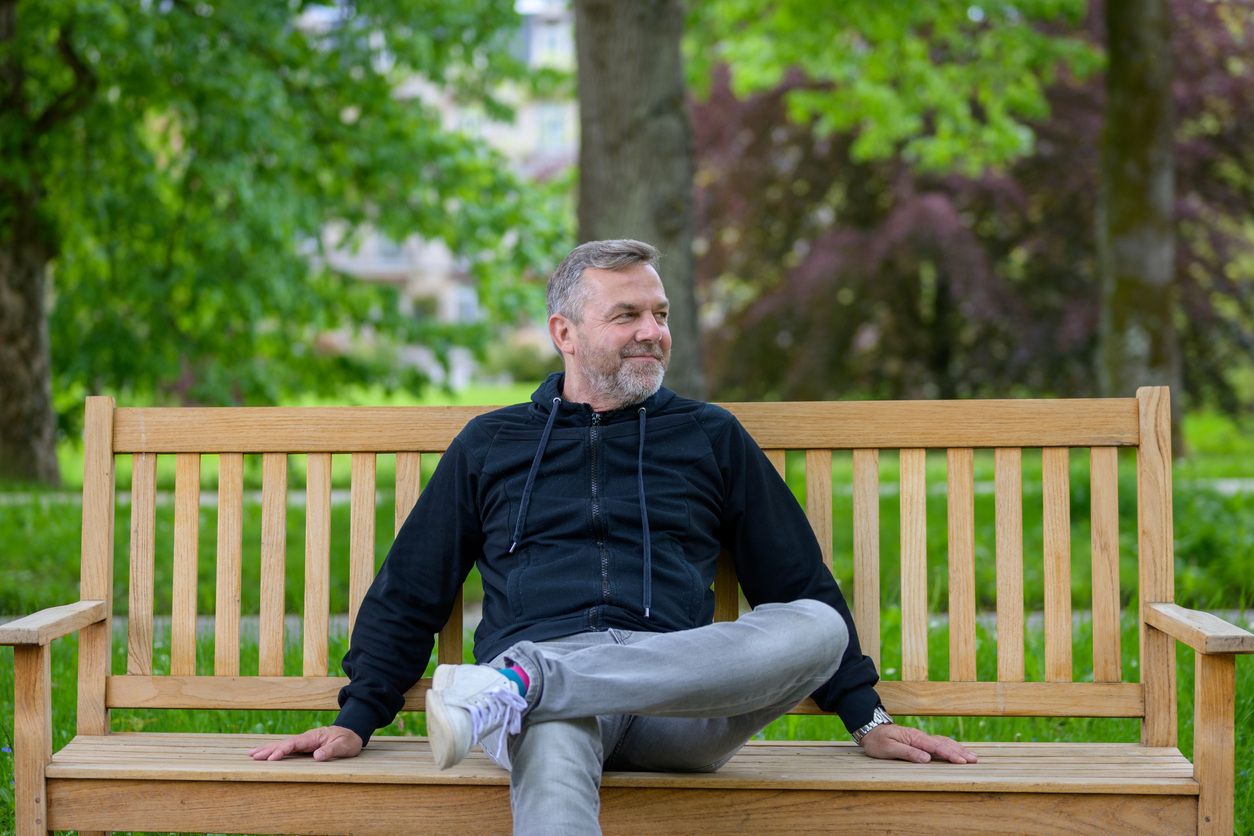What Causes Mental Health Problems?
There are several factors to consider when evaluating what causes mental health problems. Mental health problems can arise from genetic, biological, environmental, and psychological factors. These elements interact in complex ways, with life experiences such as trauma, stress, and societal pressures playing significant roles. Understanding this multifaceted nature is crucial for effective prevention and treatment strategies. Understanding what causes mental health problems can help people approach the treatment needed. Mental health issues can profoundly impact individuals’ lives, yet their origins often remain misunderstood, leading to ineffective treatment approaches and persistent stigma. Without a clear understanding of the underlying causes, efforts to address these conditions may only scratch the surface, leaving root issues unresolved and individuals struggling in silence. The stigma surrounding mental health further exacerbates the situation, making it difficult for those affected to seek help. By delving into the causes of mental health problems, including genetic, environmental, and psychological …





